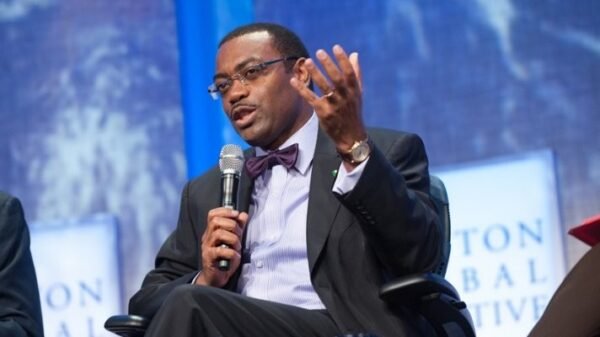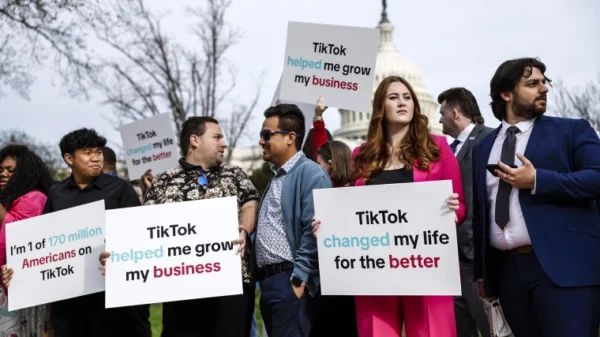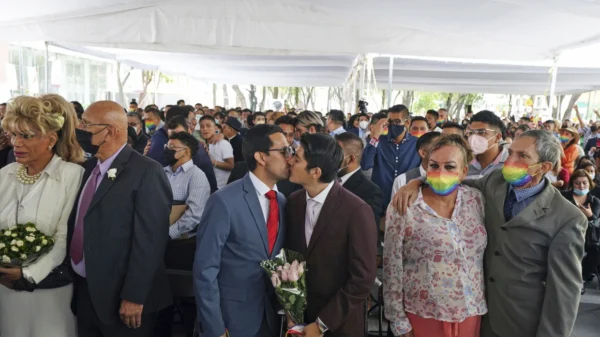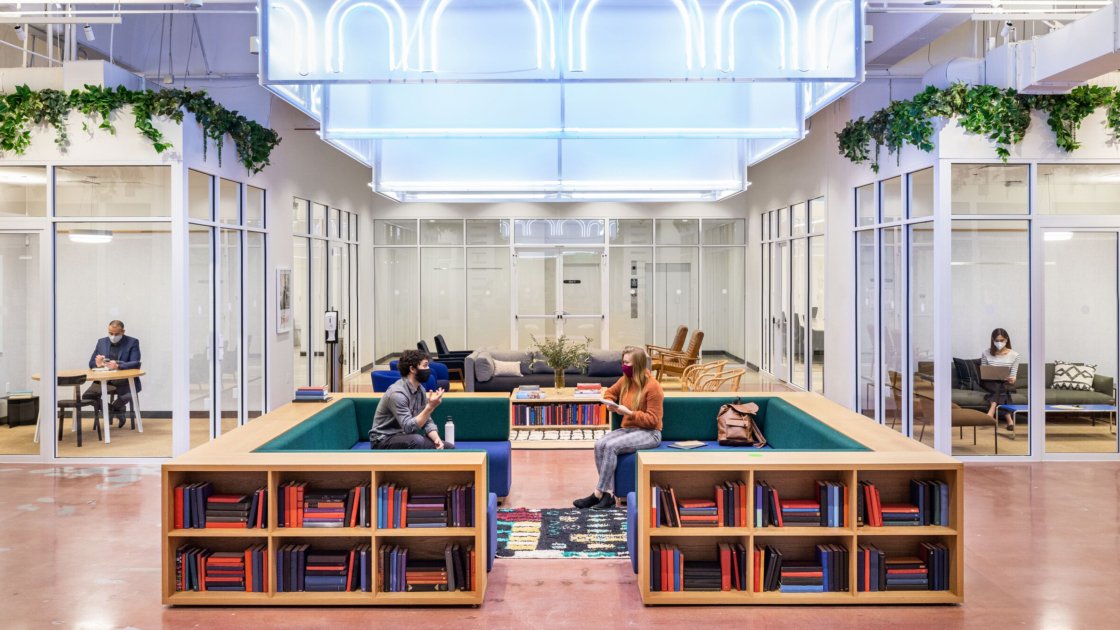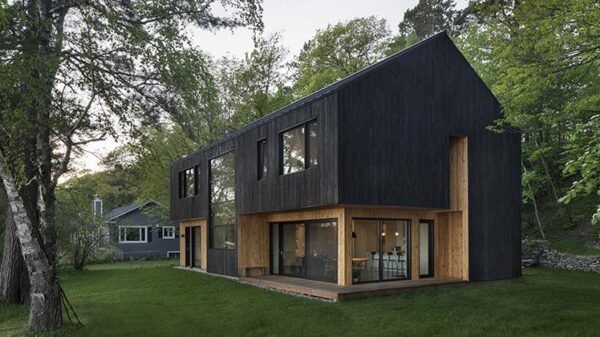The surge in flexible office space in the United States over the past year is primarily being driven by corporations, according to research conducted by The Instant Group. The study revealed that co-working has grown by over 10% across the U.S. during the last year. Combination centers offering executive suites and co-working spaces have expanded by 12.9% as existing operators aim to capitalize on the growing demand for flexible workspaces. The total flexible workspace market has increased by an average of 4.3%, and now boasts 3,596 centers. The U.S. leads in this market globally, with the UK following closely behind at 3,290 centers. Co-working centers have grown at four times the rate of conventional executive suites, which expanded by only 3.4% during the same time period.
This trend is attributed to the corporate demand for flexible space solutions, offering shorter lease terms and transparent, monthly pricing. Markets in cities like New York and brands such as Regus and WeWork are benefiting from this demand. In the U.S., 50% of the total market is concentrated in just five states and the same proportion of centers is located in 50 cities across the country. California leads the way with the most flexible space, mainly driven by widespread adoption of co-working by tech, media, and telecoms companies in San Francisco and Palo Alto.
California boasts 103 dedicated co-working spaces, more than double any other state in the U.S. The desk rates in New York City have decreased by 2.9% in the past year, although it remains the most expensive city in the country for flexible workspaces at $1,047 per desk per month. Washington, D.C. is the second most expensive city, with an average workstation rate of $1,022 per month, a 17.2% increase from the previous year. San Francisco, with monthly workstation rates that have grown over the past year, is the third most expensive location for flexible workspaces in the U.S., around $100 more expensive per workstation than Los Angeles, which is ranked fourth.
The most significant growth in flexible workspaces per city was observed in secondary locations, including San Jose, Calif., Portland, and San Antonio, with market growth of up to 15% as the number of flexible office options increased across the U.S. Two of the more mature markets, San Francisco and Washington, D.C., experienced rapid workstation rate increases of 11.5% and 17.2%, respectively, despite an increase in the supply of space in both cities. This suggests that there is strong demand for flexible office space, which has prompted aggressive rate hikes, marking these cities as areas for growth in the coming year.















